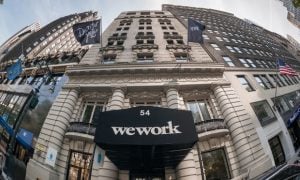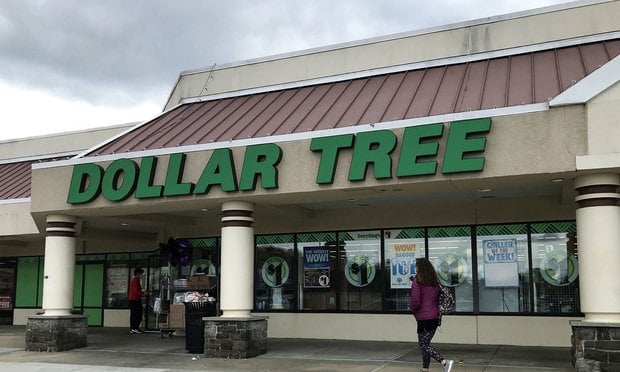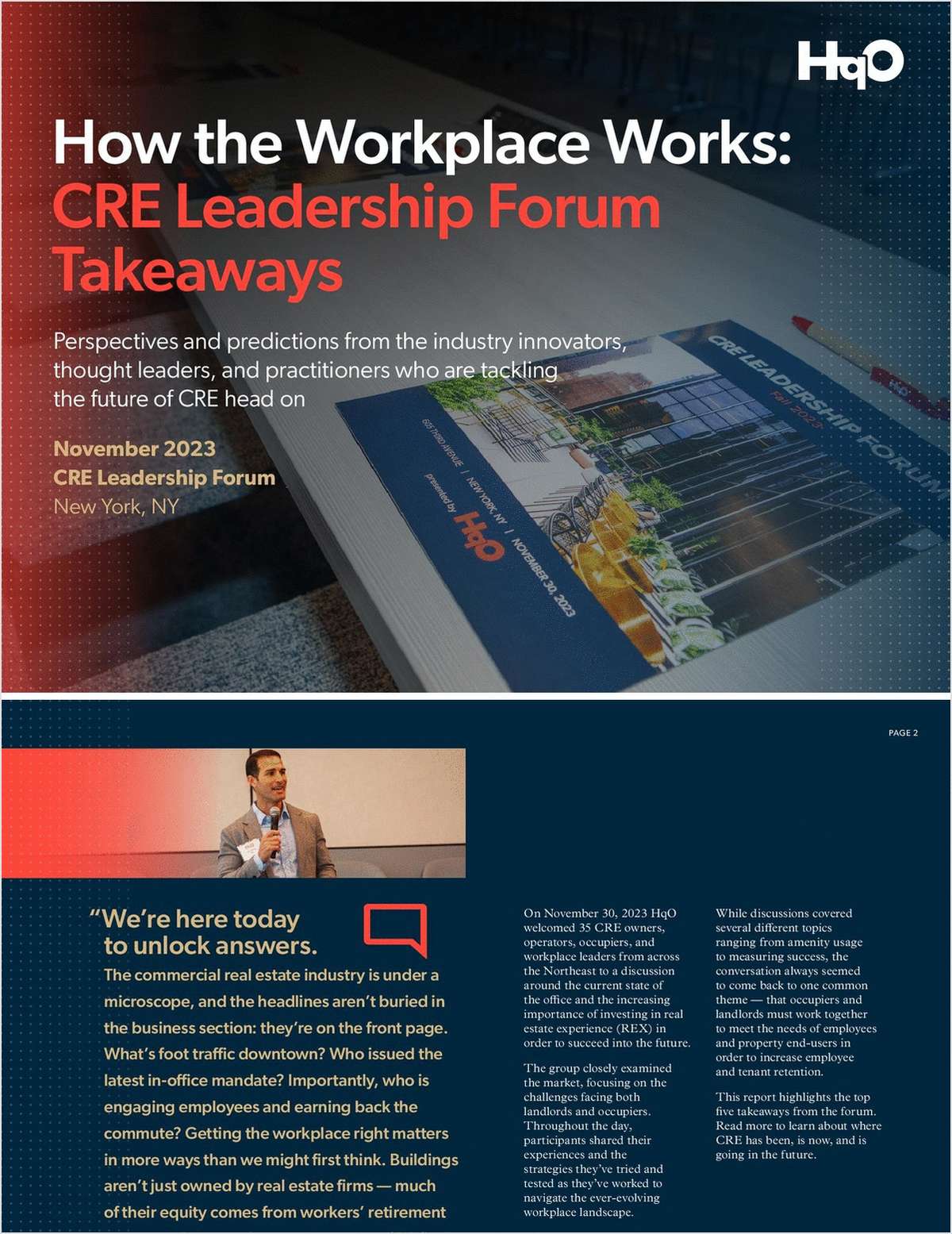Over the last decade, the way we work has changed dramatically.Technology has decoupled traditional associations of work andlocation, paving the way for a mobile workforce and a rethinking ofhow businesses use workspaces. Space as a service now makes up aconsiderable market share of the commercial real estate industry.However, the need for added flexibility came with a shift away fromtraditional leasing models. So, how is the legal relationshipdifferent, and what are the implications for services such asWeWork? What does the new paradigm mean for co-workers and spaceproviders, particularly in the wake of COVID-19?
Co-Working Agreements vs. Leases
Space as a service agreement, or co-working agreement, arelicenses, which are separate and distinct from leases. By design,the co-working agreement provides the licensor with moreflexibility, and legally they are more like gym or clubmemberships. Flexibility and the retention of control however, mayhave the unintended consequence of licensors having heightenedresponsibilities to their customers.
|The biggest difference in these two types of agreements is alease gives a tenant more control, such as exclusive possession ofa space. But in co-working agreements, the licensor maintainscontrol, and the "tenants" must share their workspace and all theamenities. In a traditionally leased building, tenant spaces arenot shared and common areas are limited to parking decks, cafes,elevators, fitness centers, restrooms, lobbies and sharedconference rooms. In a co-working environment, every area is acommon area, and no tenant has exclusive control over any area. Thelicensor maintains control over the space.
|Accordingly, co-working agreements do not grant the "tenant" theright to quiet enjoyment of the property, do not create alandlord/tenant relationship between the parties and therefore lawsthat govern landlord/tenant relationships may not apply inco-working environments. Similarly, a licensor under a co-workingagreement cannot rely on laws that protect traditional landlordswho have relinquished control to traditional tenants.
|For example, a landlord is not required to insure the safety ofa tenant or invitee, because under a lease, a landlord relinquishespossession to the tenant, so the tenant is presumed to have therequisite control over the premises to keep itself safe. Co-workingspaces, however, are especially known for their communal perks,which the licensor is responsible to provide. Accordingly, thismodel composed almost entirely of common spaces may carry more riskin a pandemic than a traditional office space. The licensor mayhave greater duties to warn licensees of conditions and risks andto abate conditions that pose risk of harm, to be more diligent indetermining whether there is potential for COVID-19 exposure in theworkplace and to take extra precautions to implement and enforcerules (such as wearing masks), to notify customers of risk and tosanitize common areas to mitigate risk to which other co-workersare exposed.
The Pandemic has Raised Issues Yet to be Tested in Court
These theories have of course not been tested, and results willvary depending on specific facts. When evaluating premisesliability claims, varying fact patterns, and with COVID-19,especially timeframes, are important. Who will be liable willdepend on a number of factors, including when the exposure occurredand whether the injured party acted reasonably in entering theshared space at all and therefore whether, in light of informationavailable to the public, the injured party assumed the risk.
|Co-working licensors have been under increased scrutiny recentlyas some reportedly have refused to pay rent to their landlords, butcontinued collecting monthly fees from the licensees. Perhaps thisis because it is more difficult for a co-working licensor tomaintain its income stream if it fails to provide the space as aservice. A traditional landlord has the benefit of the doctrine ofindependent covenants, which provides that a landlord's obligationsunder a lease and a tenant's obligation to pay rent are independentof one another, so even if a government order prevents a tenantfrom staying open for business, that does not excuse the tenant'sobligation to pay rent. A co-working licensor, however, mustcontinue to make the space and amenities available in order to meetits contractual obligations, even if its members cannot or do notuse them. By remaining open and continuing to provide services, abreach of contract on the part of the service provider is morelikely foreclosed, and its members are faced with the choice ofterminating their agreement (if the agreement allows suchtermination) or breaching the agreement and proving that a defense,such as frustration of purpose, which is much more difficult toprove, should apply.
|The precise language of the co-working agreement should not beoverlooked. The big players in this market space are shrewd, havingbeen careful in the crafting of their waiver, limitation ofliability, and indemnity provisions, and anyone who has evernegotiated an agreement with WeWork is painfully aware of theresistance of the licensor to modify its standard language. Theseprovisions likely include narrow carve-outs for the licensor'sconduct and give the service provider wide latitude in determiningwhat space will be provided, when it will be provided, and underwhat conditions it will be provided. The viability and scope ofthese provisions will undoubtedly be tested during the course oflitigation and will be an integral part of the analysis withrespect to the service provider's exposure to claims.
|Chamberlain Hrdlicka shareholder Stephanie Friese isinvolved in many aspects of commercial real estate transactions,including land acquisition, leasing, construction, financing anddisposition. She can be contacted at 404.665.1220 [email protected].
|Jennifer Garner is an associate in ChamberlainHrdlicka's Atlanta office focusing her practice on commercial realestate, including acquisition and disposition of property,commercial leasing, and navigating other business and institutionalconcerns involving real estate. She can be reached at (404)658-5396 or [email protected]
Want to continue reading?
Become a Free ALM Digital Reader.
Once you are an ALM Digital Member, you’ll receive:
- Unlimited access to GlobeSt and other free ALM publications
- Access to 15 years of GlobeSt archives
- Your choice of GlobeSt digital newsletters and over 70 others from popular sister publications
- 1 free article* every 30 days across the ALM subscription network
- Exclusive discounts on ALM events and publications
*May exclude premium content
Already have an account? Sign In
© 2024 ALM Global, LLC, All Rights Reserved. Request academic re-use from www.copyright.com. All other uses, submit a request to [email protected]. For more information visit Asset & Logo Licensing.









